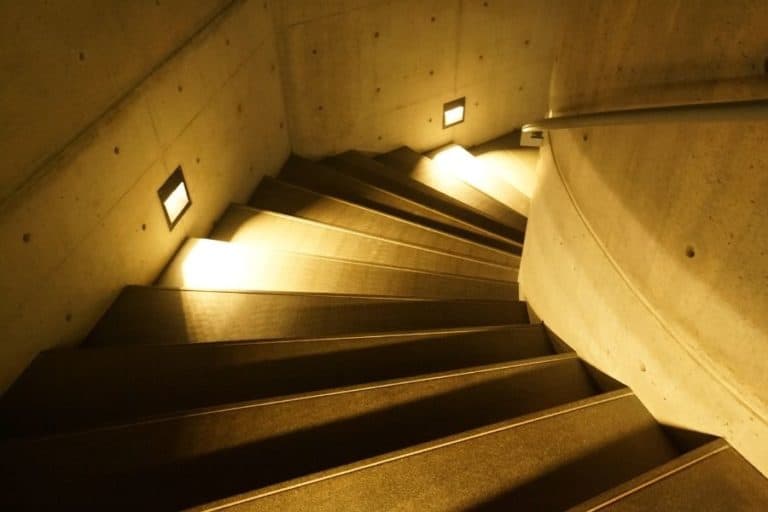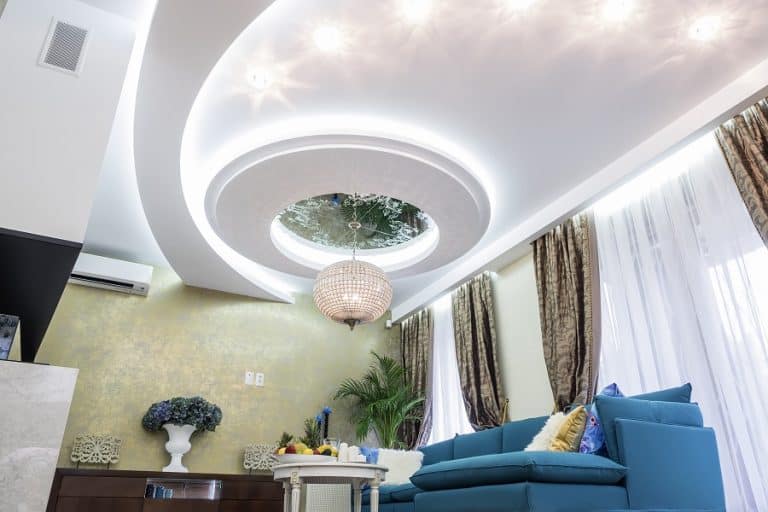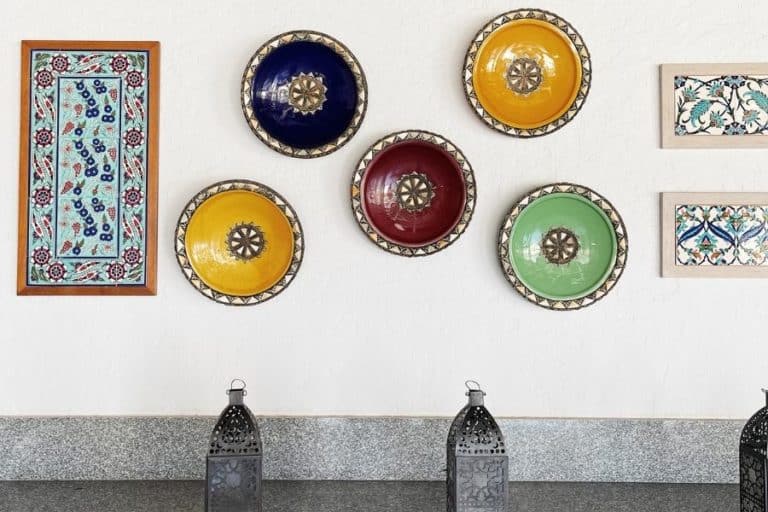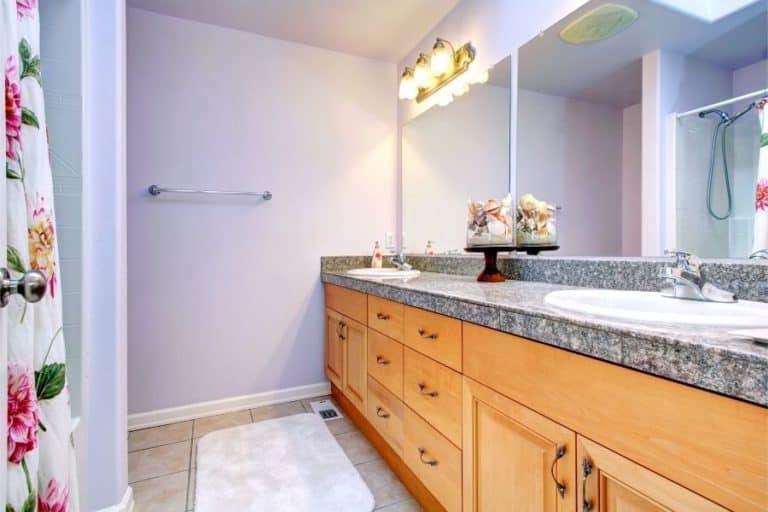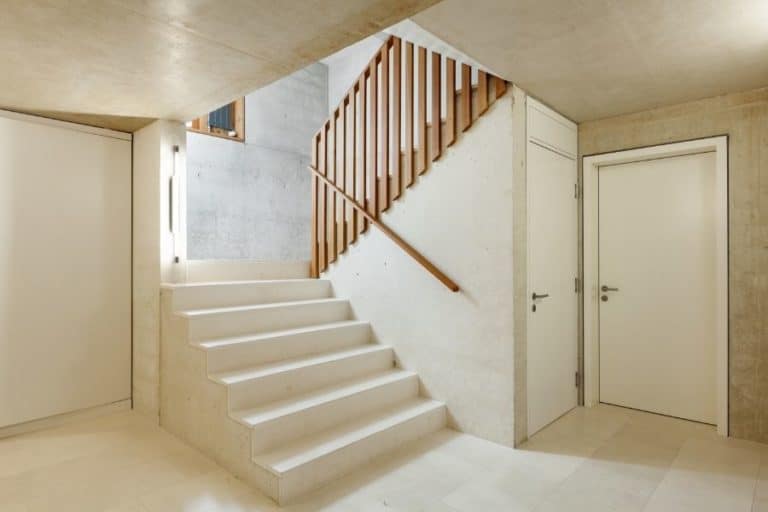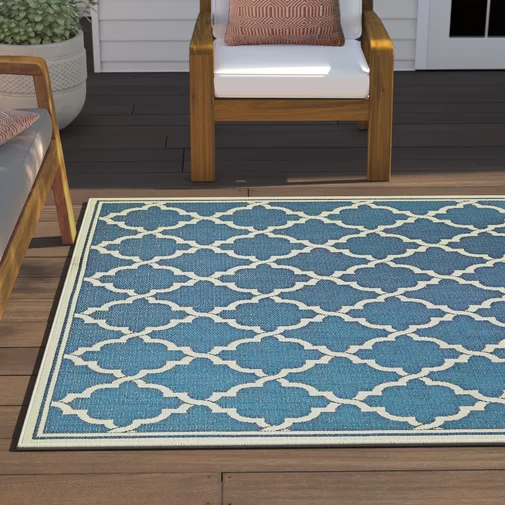Choosing the right kind of lights is crucial if you have chosen recessed lighting. It affects many practical aspects and can look drastically different.
The main consideration with recessed lighting is LED recessed lighting vs incandescent. Let’s see how they fare against each other.
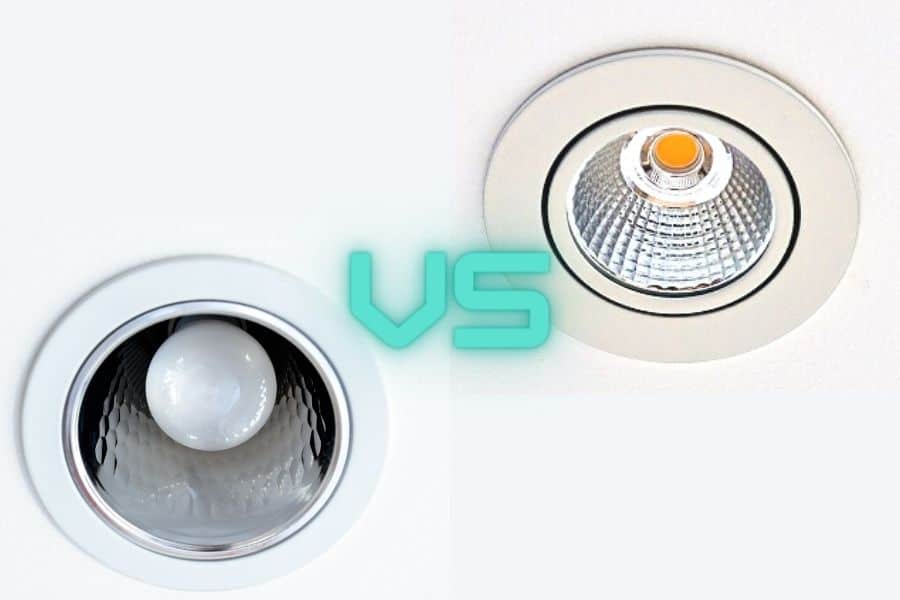
LED Recessed Lighting vs Incandescent: Which Is Better?
To answer this question, we need to understand the detailed implications of both LED and incandescent lights for recessed lighting.
LED Lights
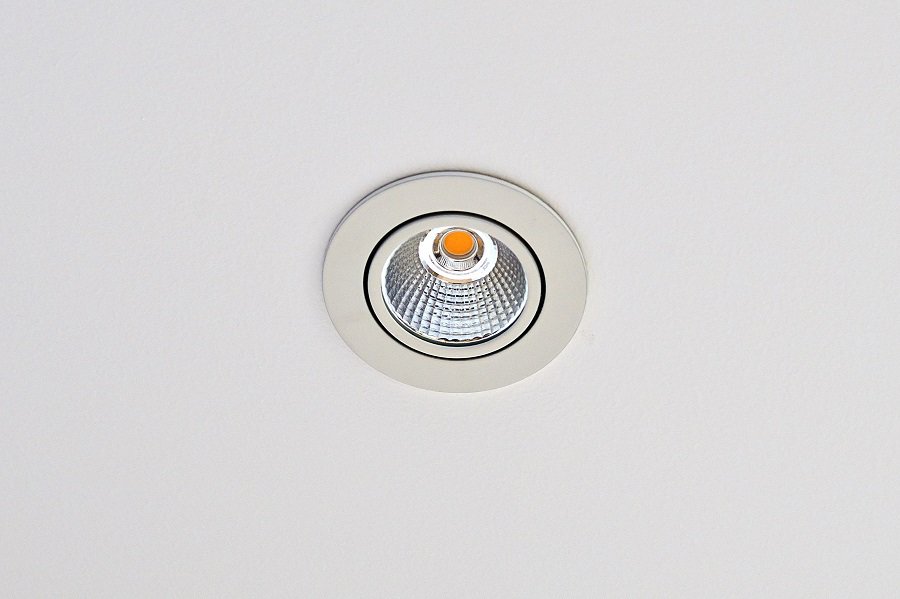
LED stands for light-emitting diode. Diode means that the device has 2 electrodes, which are called a cathode and an anode. Electricity flows through these electrodes, usually in one direction, to power the device.
Diodes have a semiconductor that emits light when a current passes through them. That is how LED lights function.
LED is most often used in computers, but it has started being used for various lighting devices like traffic lights, outdoor signs and also indoor lighting.
They are preferred for lighting big public areas that need a considerable amount of light, like schools, commercial edifices and gymnasiums.
Let’s take a look at the pros and cons of LED lights.
Pros
They have a longer lifespan, especially when compared to incandescent lights. They also do not use too much power and hence have lower running costs. The maintenance cost is also negligible and the quality of LED lights is much superior.
You can also generate different colors with LED lights without using a filter, as you would use for other kinds of lights.
They do not require too many accessories and usually emit light in every direction on their own. They don’t need a warm period and switch on relatively fast.
Cons
When compared to other viable options, LED lights are quite pricey. The initial investment is higher than what you would pay for other kinds of lights. The price might go down if a lot of people start using them, but this is not a reliable factor.
Incandescent Lights for Recessed Lighting
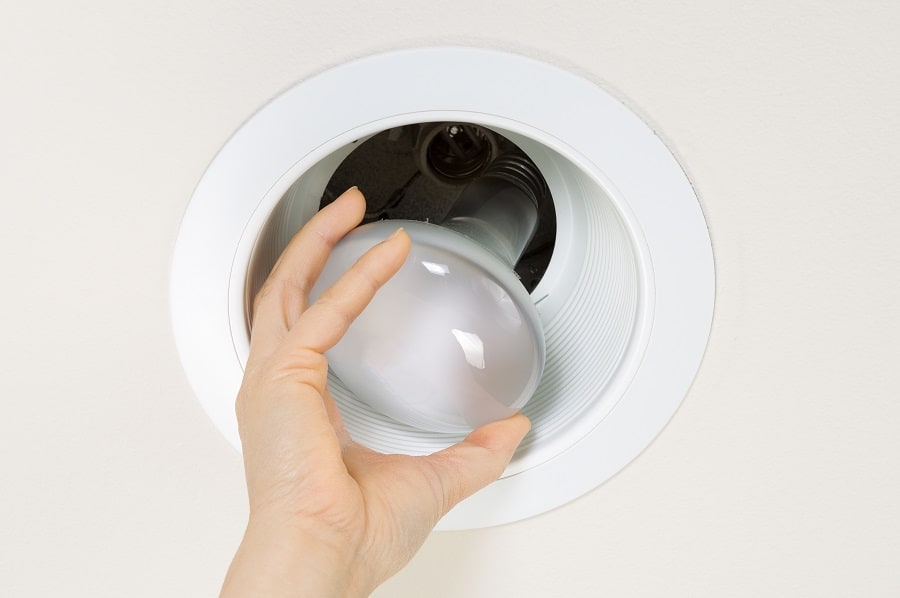
Incandescent lights are the regular light bulbs you’ve probably seen everywhere. The filament inside the glass bulb is heated by running a current through it. It lights up when the filament hits the right temperature.
The bulb is either a vacuum or is full of an inert gas that does not react with the filament in any way and keeps it safe from the gasses outside the bulb.
As you might have noticed, they are usually used inside the house or in smaller spaces. It is not feasible in any way to use them for large spaces or outdoor spots.
Pros
They are a far cheaper alternative. This is because the production cost of incandescent lights is also low. You can get them for $1 or $2 and they are readily available. You can find them in different voltage levels, current ranges and light output.
They are also good at rendering color. The CRI or color rendering index for incandescent lights is typically between 95 and 100, which is an amazing CRI, especially at this price point.
Cons
They are energy guzzlers and have higher running costs. Most of the power they consume is spent in generating heat, which is not a very efficient use of power.
They don’t have a long lifespan. About 50 to 100 incandescent lights last for the same amount of time as an LED light.
Incandescent lights emit light in a 360-degree range. This is not very useful, because at least half of this light needs to be redirected so that the part of the room you want to illuminate is properly illuminated. This is again not a very efficient use of electricity.
Are Recessed Lights Out of Style?
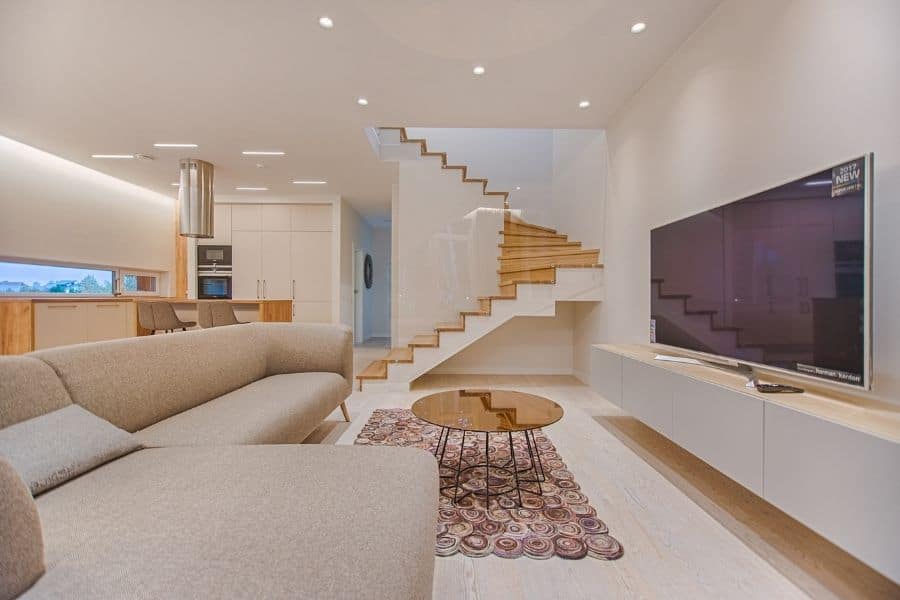
It is highly unlikely that recessed lights will go out of style anytime soon. They are aesthetically pleasing and provide a refreshing change from the usual incandescent lights.
They also have a lot of practical benefits which means that they will never go out of style. People prefer recessed lighting because it saves on space in the house and the focus is on the lighting and the effect it creates rather than on the fixture.
It is easy to change the temperature of the light to create a different effect whenever you want and the finishings can be unscrewed and traded in for newer ones as per your convenience.
Recessed lighting also distributes the light evenly through the room rather than casting light on one side and shadows on the other.
Owing to the vast advantages they offer, people will always choose recessed lighting whenever possible.
Do LED Recessed Lights Get Hot?
LED recessed lights are a lot cooler than incandescent lights. However, since they have electronic components, they can get overheated from time to time.
This would not be a problem otherwise, but since they are in recessed lighting, they need to be kept away from insulated surfaces to prevent a fire. The best way to ensure that your LED recessed lights are safe is to get IC rated lights that are also airtight.
People often go for IC rated lights and do not ensure that they are airtight as well. This can lead to problems later.
Warm air will seep into your attic and raise your electricity bill. If you live in an area with snowfall, it could create ice dams too. Getting the right kind of LED lights for recessed lighting greatly solves the heating issue.
FAQs
What Is the Difference between Can Lights and Recessed Lights?
There is absolutely no difference between can lights and recessed lights. Can lights is simply a nickname for recessed lights.
They are called can lights because the housing used for installing them is cylindrical, made of metal and looks just like a can.
Can I Use LED Bulbs in My Recessed Lights?
It is indeed possible to use LED bulbs in your recessed lights. There are plenty of advantages to using LED bulbs and it is a power-efficient choice for your lighting needs.
Just make sure that you use IC rated and airtight lights if your ceiling or any part of the surface is insulated. It can become a fire hazard if you use non IC rated bulbs in recessed lighting in insulated ceilings.
You can also buy fixtures that are compatible with both incandescent and LED lights. This way, you can swap them out according to your needs.
Related Post:
IC vs Non IC Recessed Lighting: What’s the Difference?
Are LED Recessed Lights Good for Kitchen?
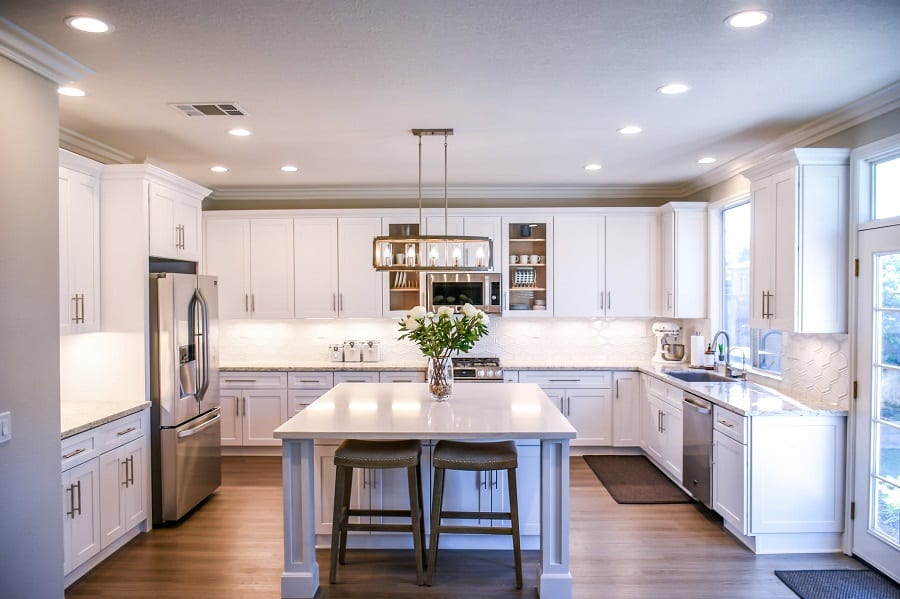
Recessed lights could be a great addition to your kitchen. If you install downlights, they will be greatly useful for whatever task you are doing in the kitchen, be it working the stove or washing dishes or prepping the ingredients.
You can combine them with other fixtures to light up your cabinets as well. LED recessed lights are also good for lighting under cabinets.
It all depends on how you make use of them and where you choose to put them, but they are generally very useful in the kitchen and create a charming modern ambiance too.
What Type of Bulb Is Best for Recessed Lighting?
There are 4 kinds of bulbs that are used in recessed lighting. These are incandescent bulbs, LEDs, halogens and CFLs.
They all have different specifications and different pros and cons. The best bulb for you depends on the factors most important to you.
CFLs and halogens are much brighter than their counterparts, but they have a much smaller lifespan and are thus expensive in the long run.
LEDs and incandescent lights are very close in brightness, but LEDs have a vastly longer lifespan and much higher CRI.
Based on basic utility and maintenance costs, LED lights seem to be the clear winner. However, the answer can change depending on what your individual needs are.
Wrapping Up
LED recessed lighting vs incandescent lighting is a tough choice to make since they are both pretty close in function. LED lights have the upper hand in longevity and CRI whereas incandescent lights are brighter and dimmable.
Ultimately, it all comes down to what your preferences are.

